Michigan Attorney General Dana Nessel. (Photo courtesy michigan.gov)
LANSING -- Michigan Attorney General Dana Nessel on Monday, April 6, submitted comments on the draft report recently released by Gov. Gretchen Whitmer’s UP Energy Task Force. The report included specific recommendations to enhance the reliability of propane supply in the Upper Peninsula and a detailed analysis of alternative means of supplying propane if the current system of supply -- which depends in part on Enbridge’s Line 5 pipeline -- changes.
The draft report from the Task Force was released on March 31, 2020; and public comments were due April 6, 2020. The UP Energy Task Force will meet via video conferencing from 10 a.m. to noon on Monday, Apr. 13. The public is encouraged to participate and comment. The Task Force is scheduled to finalize the report for the Governor by April 17.
In February, Friends of the Land of Keweenaw (FOLK) -- a local environmental group whose members have attended some of the Task Force meetings -- organized an informal public "Listening and Update" event at the Portage Lake District Public Library.
During a Feb. 22, 2020, presentation at the Portage Lake District Library, organized by FOLK, UP Energy Task Force member Jenn Hill points out statistics on propane use in the Upper Peninsula. (Photo by Keweenaw Now)
During the presentation, two members of the Task Force -- Roman Sidortsov, Michigan Tech assistant professor of Energy Policy, and Jenn Hill, Marquette city commissioner and board member of the non-profit Citizens Utility Board of Michigan -- gave an overview of the UP energy system with updates on the first phase of the Task Force work on the UP propane supply structure. (See videos of their presentation below.)
AG Nessel comments on Task Force draft report, calling for Line 5 shutdown
"It is imperative that our state is prepared to implement a cost-effective replacement of propane supplies currently provided by the natural gas liquids the Line 5 pipeline transports," said Nessel. "The Governor's UP Energy Task Force is focusing on the steps necessary to ensure we meet the energy needs of all Michiganders for generations to come and I commend the task force for their prompt work on this issue."
Key findings in the technical report showing that shutting down Line 5 need not cause propane shortages or large price spikes, include the following:
- The identification of a number of robust and diverse alternative supply options for delivery to the Michigan market such as transporting propane by rail from other supply hubs; and
- Supply disruptions will likely result in only modest wholesale price increases.
- Making full use of and expanding propane storage;
- Improving transportation infrastructure such as rail lines;
- Making propane more affordable, especially to low income families; and
- Strengthening consumer protection laws.
"Michigan needs to quickly plan for the shutdown of Line 5 and the cost-effective replacement of propane supplies currently produced from the natural gas liquids it transports. I have filed a lawsuit on behalf of the people of the State of Michigan against Enbridge in the Ingham County Circuit Court that alleges and asks the court to determine that Enbridge’s continued operation of Line 5 at the Straits of Mackinac is unlawful and should be halted as soon as possible after a reasonable period of notice, to allow those affected to make orderly adjustments. Dana Nessel, Attorney General v Enbridge Energy, Inc, et al (Ingham Circuit No. 19-474-CE). As alleged in the Complaint, the continued operation of the Straits Pipelines presents an extraordinary and unreasonable risk to public rights, violates the public trust doctrine, constitutes a public nuisance and violates the Michigan Environmental Protection Act, MCL 324.1701, et seq. The case remains pending. While it is obviously not the charge of the UP Energy Task Force or the Report to adopt a position on these legal issues, the Task Force recommendations should take into account the potential for the litigation to result in the shutdown of Line 5 in the near future."
Nessel also warns about potential risk of damage to the pipeline, based on a 2018 anchor strike:
"Second, apart from the pending litigation, the Straits Pipelines are subject to the continuing risk of damage and service interruption though an anchor strike. This risk is very real, as evidenced by the April 2018 incident in which an anchor was dragged across the lakebed striking both pipelines, as well [as] previous incidents involving anchor damage to utility lines at the Straits," Nessel notes.*
UP Energy Task Force member Roman Sidortsov (pictured in the Video Report below) commented on Attorney General Nessel's letter (note that his comment is based on his personal views -- not made on behalf of the UP Energy Task Force -- and it does not in any way reflect the views that other Task Force members might have).
"I would like to thank Ms. Nessel for recognizing the work of the UP Energy Task Force," Sidortsov says. "Relying on a single source of supply for the vast majority of a critically important fuel is a bad idea. As a co-author of the Independent Risk Analysis, I am familiar with this source. Line 5 is 67 years old and 645 miles long, 535 of which are in Michigan. As our study showed, the pipeline is vulnerable, and not just where it crosses the Straits of Mackinac. In this regard, as one of our interviewees described it, the pipeline is one errant backhoe strike away from a disaster, risking tens of thousands UP homes going cold. You do not put all your eggs in one basket and this is precisely what continuing the status quo would amount to.
"In addition, I would like to thank the Attorney General and her staff for the work they are doing to protect the interests of the people of Michigan. Our study showed overwhelming public concern regarding the Line 5 issue, and the work of the AG’s office is exactly what an accountable and effective government should do in serving its people."
Local residents comment on Task Force draft report
According to David Camps, owner of Blue Terra Energy and a member of the UP Energy Task Force, the Task Force recommendations are just the beginning; and the legal battle between Enbridge and the State of Michigan, as well as the follow-up on the Task Force recommendations, as noted by Nessel, will take time.
"The results of this litigation -- along with the potential for extreme weather events, Line 5 or Line 1 failures and increasing competition by oversees markets -- represent risk to the price and availability of our propane supply," Camps commented to Keweenaw Now. "We also have the Covid -19 virus that has disrupted our normal lives and put propane use on the back burner for most consumers. The pandemic will pass and it will get cold and snowy again next fall."
Camps, who is a propane user himself, suggests actions that can be taken by UP propane users to increase resilience of the home or business to propane supply disruptions and price increases. He suggests such measures as tracking one's annual use of propane to prepare for energy efficiency upgrades, keeping the tank full at 50 percent rather than 25 percent, doing an energy audit to identify efficiency needs, improving insulation and weatherization, and adding an alternative form of heat if possible and safe.
"I am a propane user and have done most of these to my home," Camps said. "My annual propane use went from 1200 gallons down to less than 400 gallons and has given us peace of mind with respect to propane disruptions."
Catherine Andrews, a member of FOLK and resident of L'Anse Township in Baraga County, sent the UP Energy Task Force her comments on the draft report on April 6, thanking them for their recommendations and due diligence in their mission. As a propane user herself, Andrews notes the need for regulating the propane industry and expanding consumer protection legislation.
"Price differences of $.30 per gallon for a prepaid contract with individual suppliers might be discouraged," Andrews writes. "Price gouging could be more easily monitored. One supplier who raised rates during the 2013-2014 polar vortex admitted (inadvertently) in 2020 that he did not have a supply shortage during that crisis. With regulation and protections, low income residents could be spared having to pay the highest prices. State contracts could also help stabilize prices.
"A regulatory authority could identify the amount of propane supplied per state or facility to Michigan so the PSC (Public Service Commission) would not have to make assumptions about Michigan’s propane supply. There would also be better data on trucking and rail supply options. When regarding rail, please consider steeper grades and more challenging winter weather conditions in the higher elevations of the western UP."
Andrews concludes by thanking the Task Force for including conservation and energy efficiency in their report.
"As we are evaluating our priorities during the Covid-19 epidemic, it is a good time to focus on our needs vs. our wants. Expanding conservation and energy efficiency is good for everyone and must be available to those with the greatest need. Using hydrocarbons to produce unnecessary plastic is a regrettable mistake and should also be addressed while looking for solutions to our energy challenges," Andrews notes.
Video report: Presentation at Portage Library on phase 1 of UP Energy Task Force work on UP propane supply
On Feb. 22, 2020, at the invitation of FOLK, Task Force members Roman Sidortsov and Jenn Hill presented an unofficial, informal overview and update of the state of propane supply to the Upper Peninsula and potential impacts
of future disruptions. (In this informal presentation, they were not representing the Task Force.)
"Michigan's residential propane use is the highest of any state in the United States," said Hill in her introduction to the overview of propane transport and supply in Michigan.
Task Force member Roman Sidortsov then joined Hill to explain how propane is produced from natural gas liquids and transported in Michigan from oil sands in Canada.
Hill presented three possible scenarios that could disrupt the propane supply and their impacts:
Sidortsov then pointed out the importance of public comments on this issue, noting as an example the positive effect of public comments on the study led by Michigan Tech, in which he participated, which led to the 2018 report, "Independent Risk Analysis for the Straits Pipelines."
FOLK board member Rosemary Grier told Keweenaw Now Sidortsov and Hill presented "an excellent and informative overview, with updates of our UP energy propane system and opportunities for discussion."
Grier noted several important facts she learned from the presentation:
- Michigan is more dependent on propane/natural gas liquids(NGLs) than other states.
- 18 percent of UP residents (herself included) use and depend on propane.
- Line 5 carries and delivers the majority of NGLs to the UP, coming from Canada on Line 1.
- There is very limited storage for extra propane in the UP.
- There are many possibilities for line disruptions.
- Propane prices will continue to rise to compete with the accelerated production for shipping overseas to primarily make plastics.
- UP residents need a diversified, affordable, reliable, environmentally sound, and secure system for energy delivery.
Grier added her appreciation for Gov. Whitmer's creating the UP Energy Task Force, the public meetings held throughout the UP, and Jenn and Roman's encouragement of public comments and suggestions to the Task Force.
During the question-answer session following the presentation, Linda Rulison, president of FOLK, thanked the speakers and noted FOLK members have attended several of the Task Force meetings and made comments.
Linda Rulison, president of FOLK, thanks Sidortsov and Hill for their presentation and expresses appreciation for the work the UP Energy Task Force is doing. (Photo by Keweenaw Now)
After reviewing the analysis and recommendations in the Draft of the UP Energy Task Force Committee Recommendations Part 1 - Propane Supply, FOLK's board of directors sent a letter to the Task Force on April 6 endorsing the Task Force recommendations.**
"We find the balance of consumer, business and government interests to be commendable," FOLK comments. "The UP needs alternatives to the aging Enbridge Line 5, which is an environmental hazard. The citizens of the UP who rely upon propane for heating and other household uses need affordable and reliable energy. We want to avoid the price spikes and lack of propane availability that occurred during the severe winter of 2013-14. With the ability of American gas companies to export liquified natural gas, we are subject to global price fluctuations as well as shortages that could place UP residents in danger. All interested parties throughout the UP were heard by the Committee members.
"We further urge Governor Whitmer to set up a state implementing body to carry out the recommendations and to seek legislative approval for those recommendations where there are gaps in state statutes."
Notes:
* Click here to read Attorney General Dana Nessel's complete Apr. 6 letter to the UP Energy Task Force.
** See the UP Energy Task Force Web site for more information on their work, links to presentations and public meetings, details on making public comments and more.


















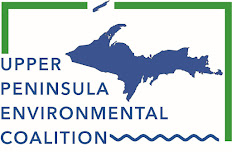




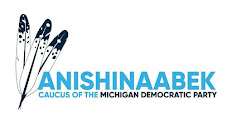



























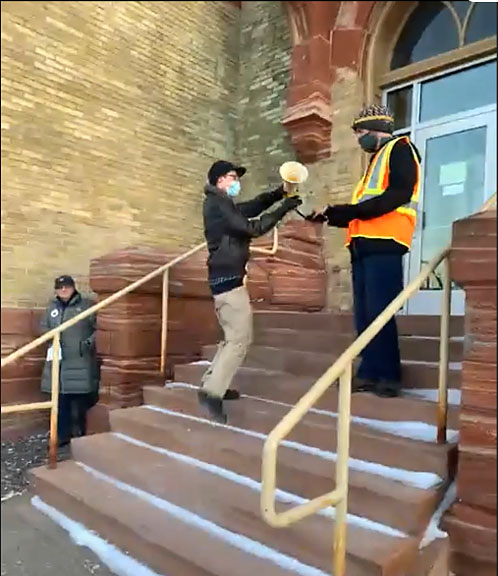




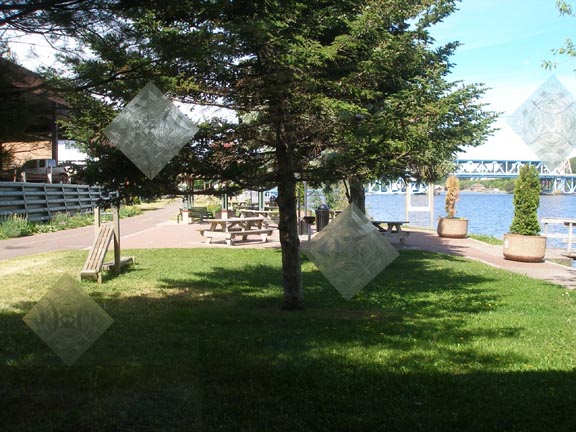







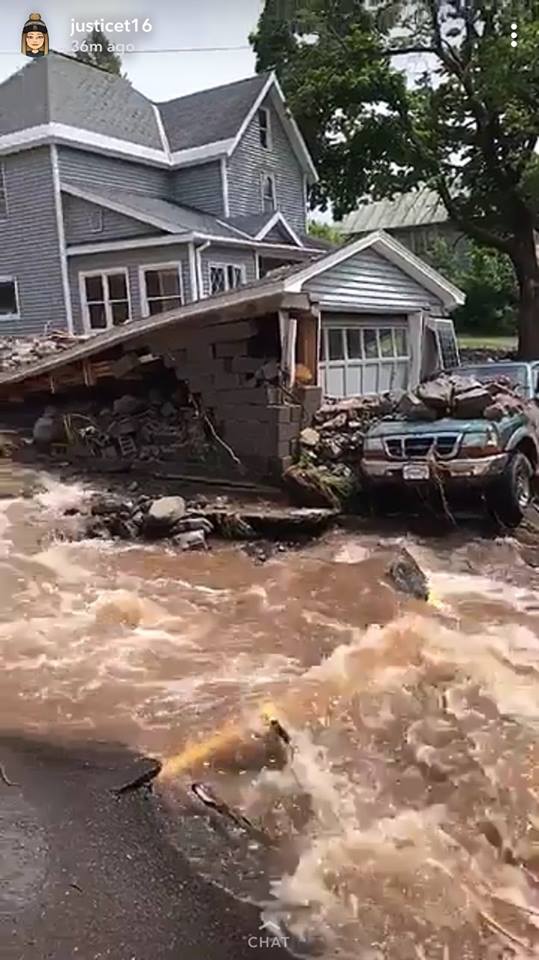

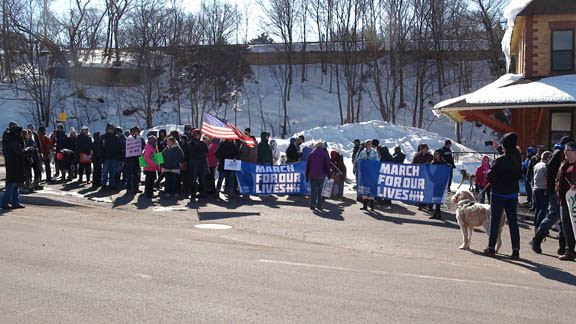


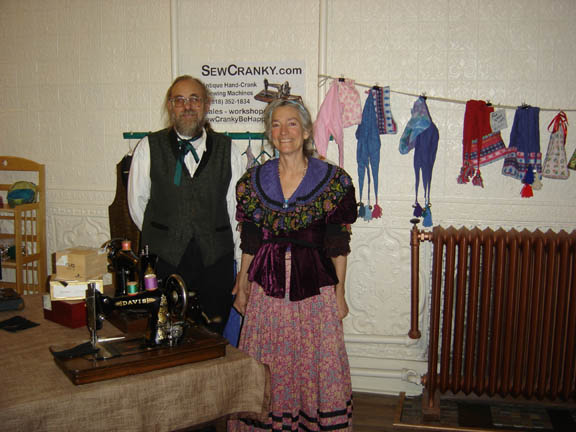
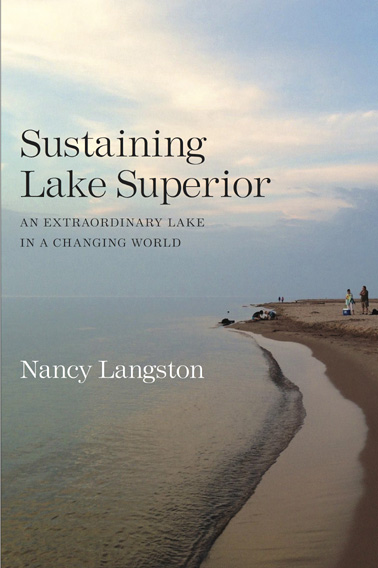
















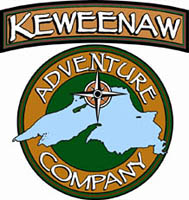









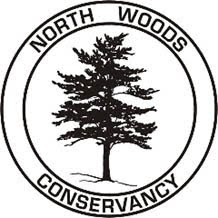

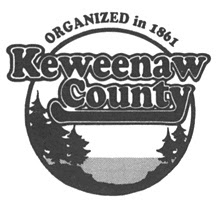

No comments:
Post a Comment